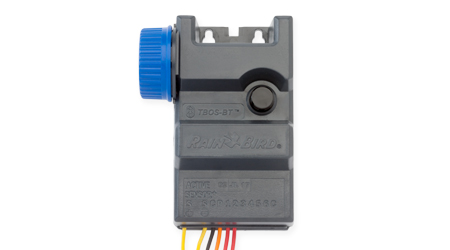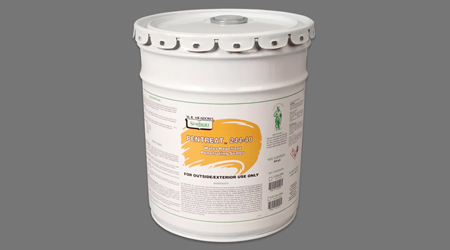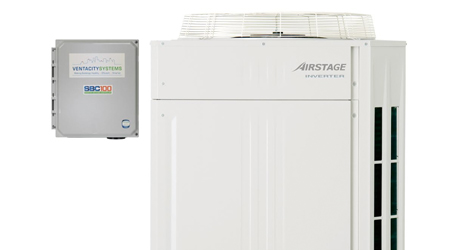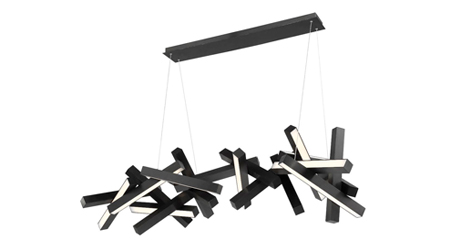« Back to Facilities Management News Home
« Grounds Management
Bluetooth-Enabled Irrigation Controller Increases Versatility

Rain Bird has introduced the TBOS-BT, a Bluetooth-enabled, 9V-battery-operated controller that allows users to wirelessly manage irrigation at sites without electrical power via a mobile app for both Android and iOS devices.
“Like its predecessors, the TBOS and TBOS II, the TBOS-BT is ideal for commercial and municipal applications, like parks, street medians and roundabouts, as well as construction projects where AC power is not available,” said Hugh Doran, associate product manager for Rain Bird. “TBOS-BT adds Bluetooth connectivity, allowing irrigation managers to create and manage programs without even opening a valve box.”
Designed to resist heat, humidity and harsh environments, the TBOS-BT is rated IP68, meaning it’s 100-percent waterproof and fully submersible. It’s tamper-proof design makes it ideal for public installations where vandalism and tampering is a risk. Available in one-, two-, four- or six-station models, the TBOS-BT runs off a single 9V alkaline battery. The controller works with Rain Bird’s TBOS latching solenoid, and a direct rain sensor connection accommodates the Rain Bird RSD rain sensor for enhanced water efficiency.
“The mobile app provides irrigation managers with a number of useful options,” Doran said. “Users can lock controllers with a passcode, save, view, clear and restore up to three irrigation programs, each of which can have up to eight start times per day. Monthly Seasonal Adjust of 0-300 percent alleviates the need to re-visit sites throughout the year to make program changes. Users can also save and restore a TBOS back-up program, or save a program as a contractor default, allowing them to easily replicate programs across multiple controllers. And, the TBOS-BT retains its irrigation programs in memory even when its battery is removed and replaced.”
More From 10/9/2018 on FacilitiesNet












